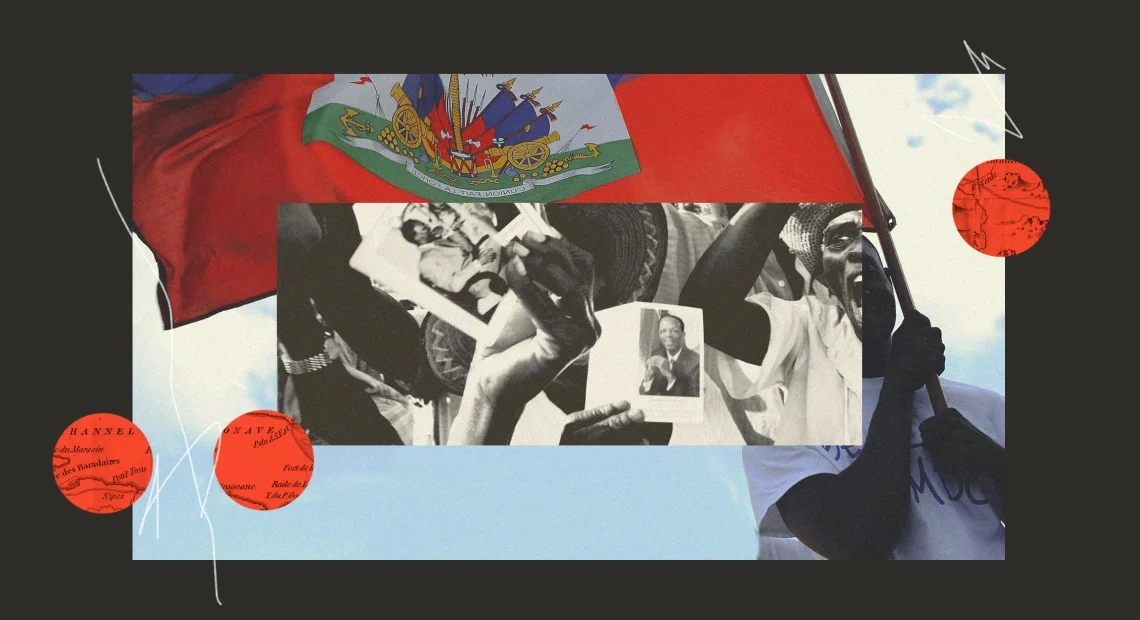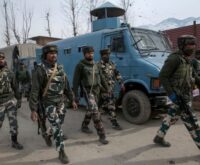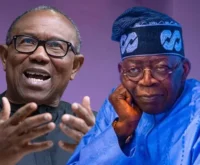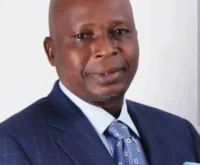The situation in Haiti, characterized by heightened violence and instability, has prompted a debate about the potential need for foreign intervention. While some, like Johnny Celestin, initially held reservations about foreign involvement and preferred Haiti to address its issues independently, the escalating violence has led to a reconsideration of this stance. Celestin, along with others, now acknowledges that foreign intervention may be necessary to address the ongoing crisis in the country.
However, there are differing opinions within Haiti regarding the nature and extent of foreign intervention. While some, like Celestin, advocate for foreign assistance under certain conditions, emphasizing the importance of Haitians leading the efforts and retaining sovereignty, others, like Haitian scholars such as Jemima Pierre, vehemently oppose foreign intervention altogether. They argue that historical instances of foreign involvement, including by the U.S. and France, have often exacerbated Haiti’s problems rather than solving them.
Efforts to find solutions within Haiti itself have been ongoing, with initiatives such as the Commission to Search for a Haitian Solution to the Crisis proposing internal mechanisms to address issues of governance, corruption, and instability. However, recent events, including the surge in violence and the assassination of President Jovenel Moïse, have prompted discussions about the potential need for external assistance.
The prospect of foreign intervention, however, remains contentious. The United Nations’ proposal to deploy Kenyan troops to police Haiti has faced criticism due to concerns about language barriers and past human rights abuses by the Kenyan army. This reflects broader skepticism among Haitians about the effectiveness and legitimacy of foreign intervention, given the country’s history of external interference and exploitation.
Meanwhile, individuals like Monique Clesca emphasize the importance of Haitians retaining control over the direction and terms of any foreign assistance, underscoring the significance of sovereignty and self-determination.
Amid these debates, grassroots initiatives within Haiti, such as Dave Ali Fils-Aimé’s Basketball to Uplift the Youth program, continue to play a vital role in supporting communities and providing opportunities for Haitian youth. These initiatives highlight the resilience and determination of Haitians to address their country’s challenges from within, despite the complex dynamics surrounding foreign intervention and internal governance issues.

 Bauchi Governor Sacks Security Adviser, Ahmed Chiroma
Bauchi Governor Sacks Security Adviser, Ahmed Chiroma  Bloodshed in Kashmir: Soldiers Fall in Line of Duty
Bloodshed in Kashmir: Soldiers Fall in Line of Duty  Kill 3,Bandits Attack Zurmi Emir’s Palace.
Kill 3,Bandits Attack Zurmi Emir’s Palace.  Tinubu’s decision not to pay ransom to the kidnappers
Tinubu’s decision not to pay ransom to the kidnappers  Don’t Obstruct EFCC From Performing Its Duty, Justice Minister Warns Politicians
Don’t Obstruct EFCC From Performing Its Duty, Justice Minister Warns Politicians  Anti-Graft Agency EFCC Barricades Ex-Governor Yahaya Bello’s
Anti-Graft Agency EFCC Barricades Ex-Governor Yahaya Bello’s